Scenario: 51% of proof-of-stake pools fall under regulatory capture. What if these pools start censoring unstake transactions, preventing stake holders from moving their vote elsewhere? This would, in effect, require permission from the pools to leave (e.g., validate the *on-chain* unstake transaction).
What prevents the captured pools from also censoring other *new* stake transactions? Would this be a case for social consensus?
With Proof-of-Work, moving your hash rate to another pool is a permissionless external event (*off-chain*). Regular nodes on the network can still objectively measure the accumulated work. They don't need to know *where* this work came from, or *what* mechanisms were used to coordinate it.
Staking utilises resources inherent to the blockchain itself (the native token/coin). On-chain staking operations are unavoidable.
Proof-of-Work utilises probability, anchoring consensus to real world resources. An external operational.
The honest majority assumption is a problem that all blockchains face. However, the honest *pool* majority assumption is more problematic.
EDIT: 1. As pointed out below (thank you), I incorrectly used the term "regulatory capture". I simply meant "captured by regulation". 2. This thread specially relates to misbehaving pool majorities, not misbehaving entities who physically control majority PoW hash!
[link] [comments]

You can get bonuses upto $100 FREE BONUS when you:
💰 Install these recommended apps:
💲 SocialGood - 100% Crypto Back on Everyday Shopping
💲 xPortal - The DeFi For The Next Billion
💲 CryptoTab Browser - Lightweight, fast, and ready to mine!
💰 Register on these recommended exchanges:
🟡 Binance🟡 Bitfinex🟡 Bitmart🟡 Bittrex🟡 Bitget
🟡 CoinEx🟡 Crypto.com🟡 Gate.io🟡 Huobi🟡 Kucoin.


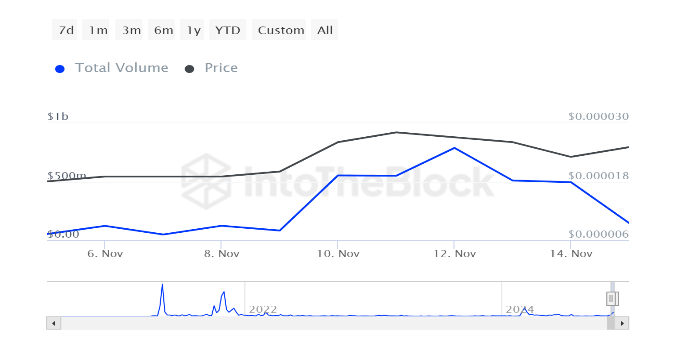




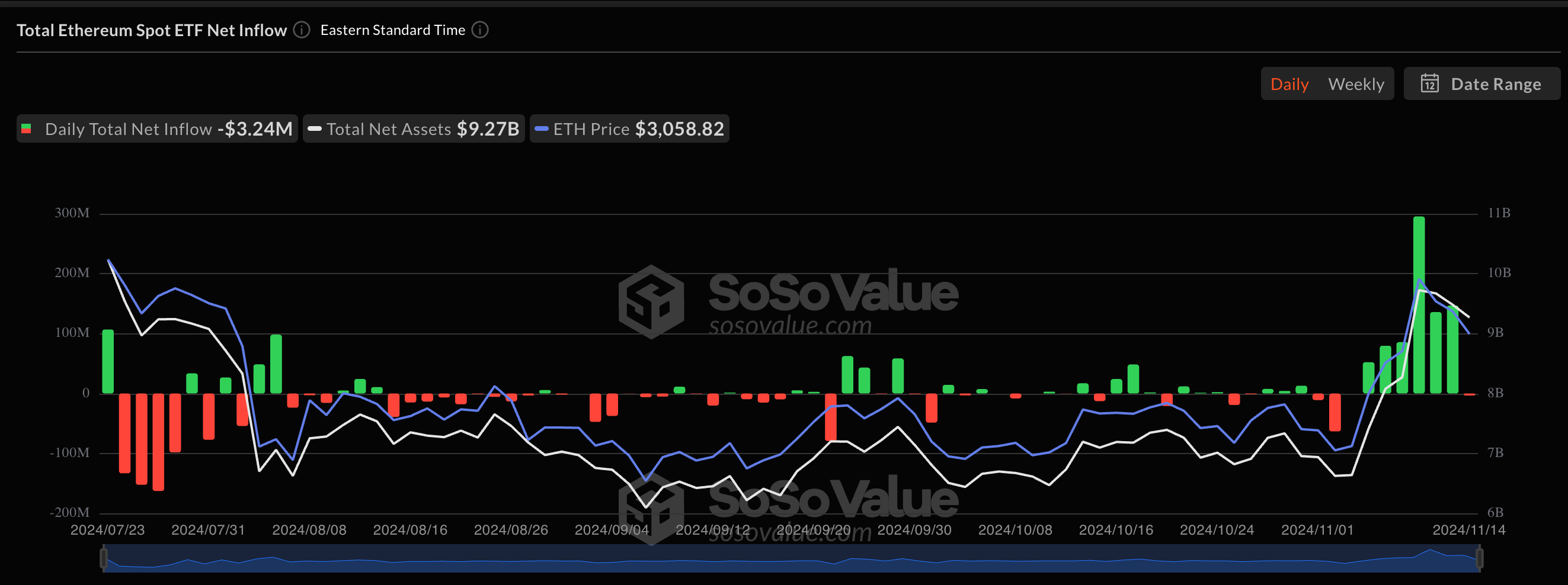

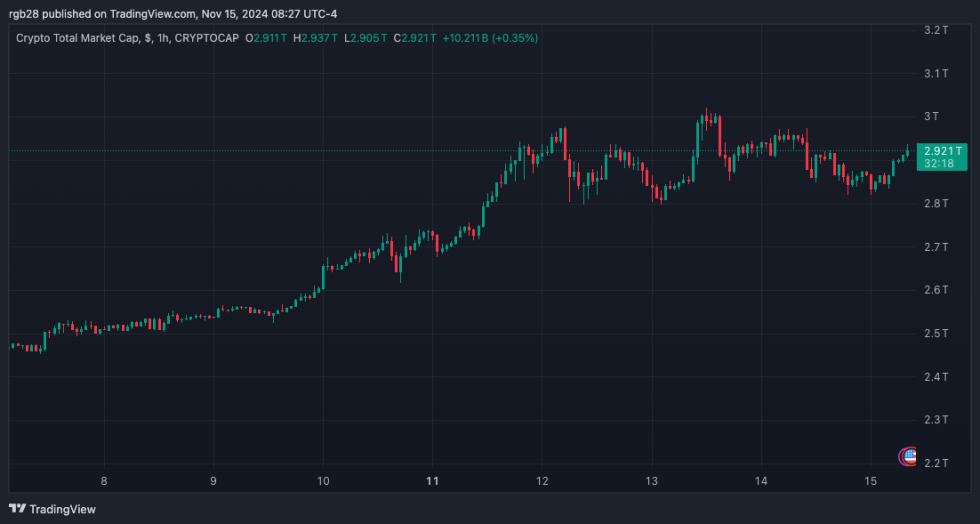
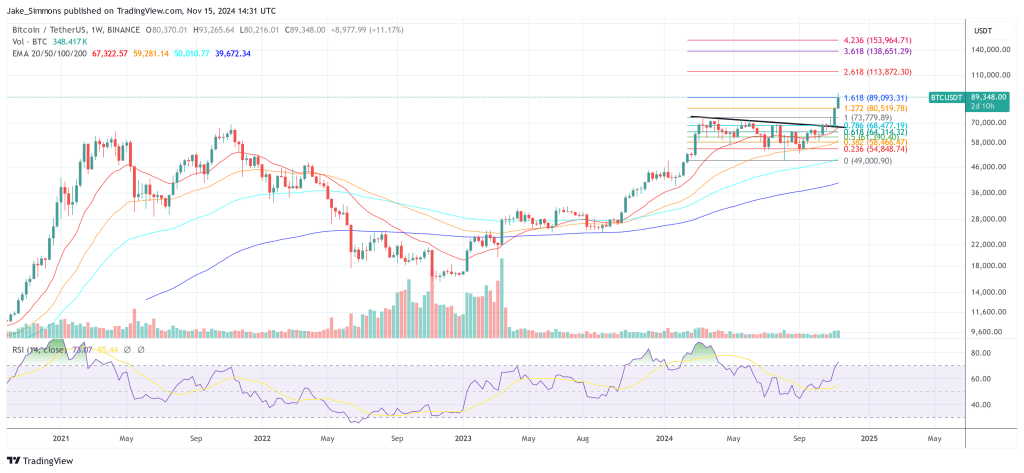


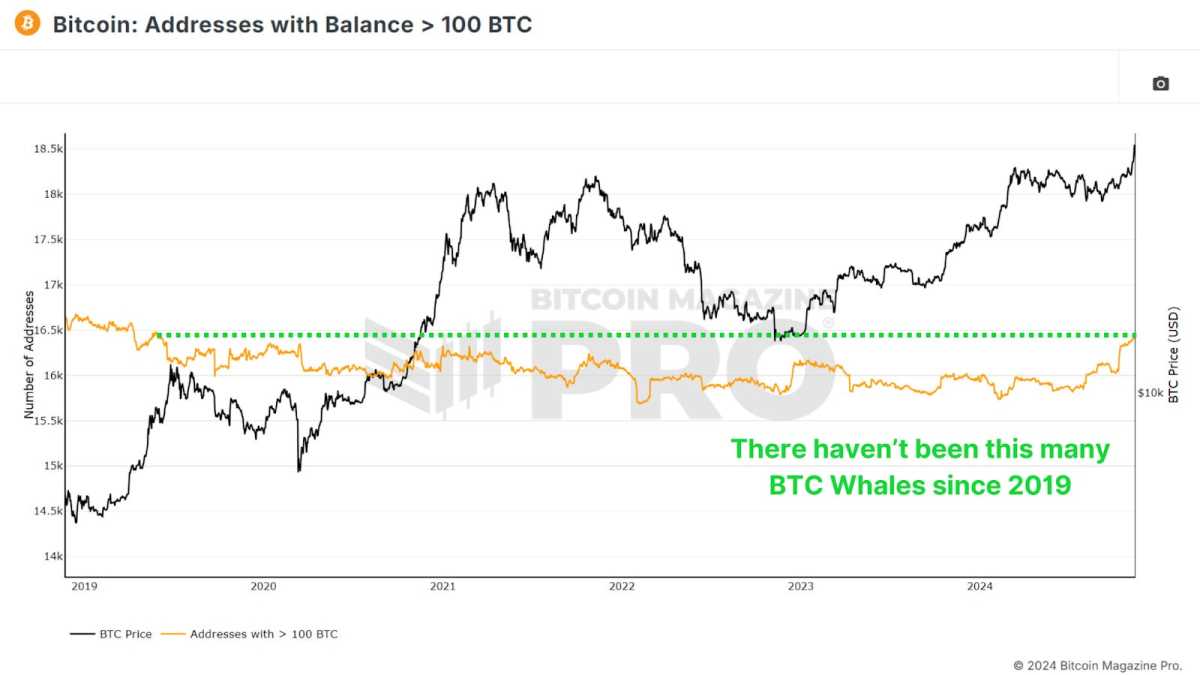
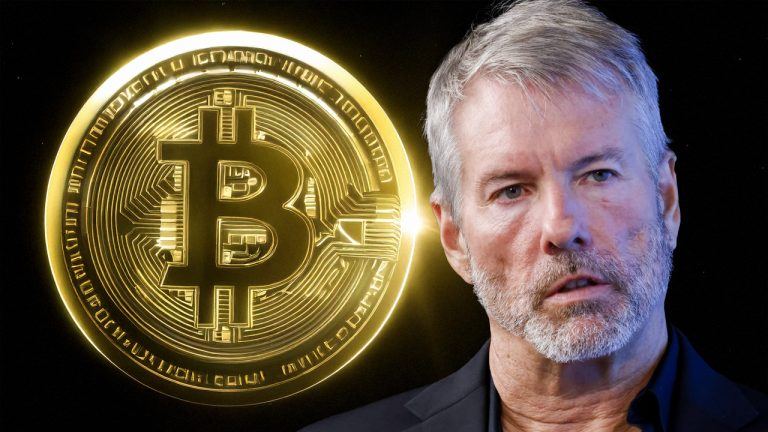
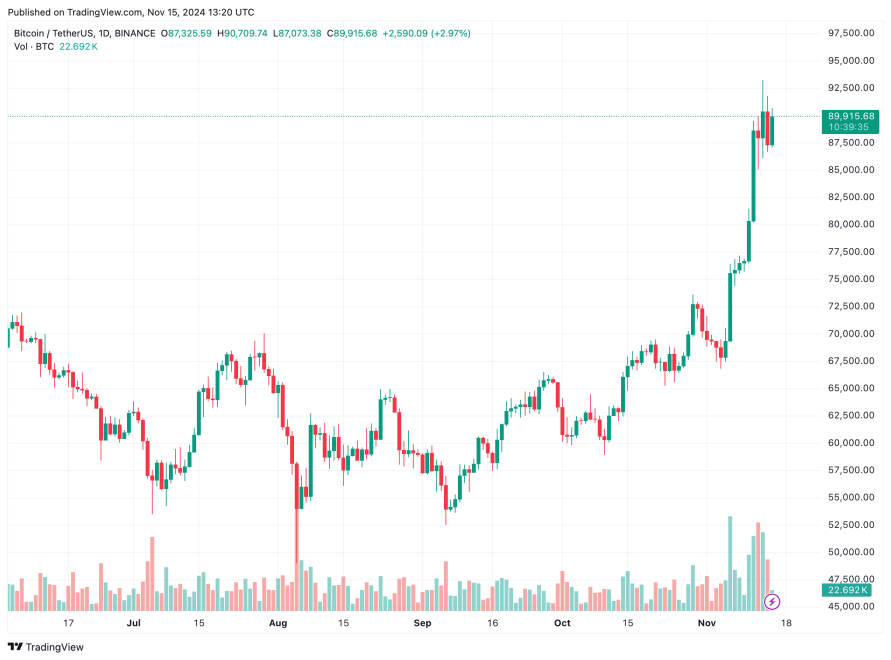

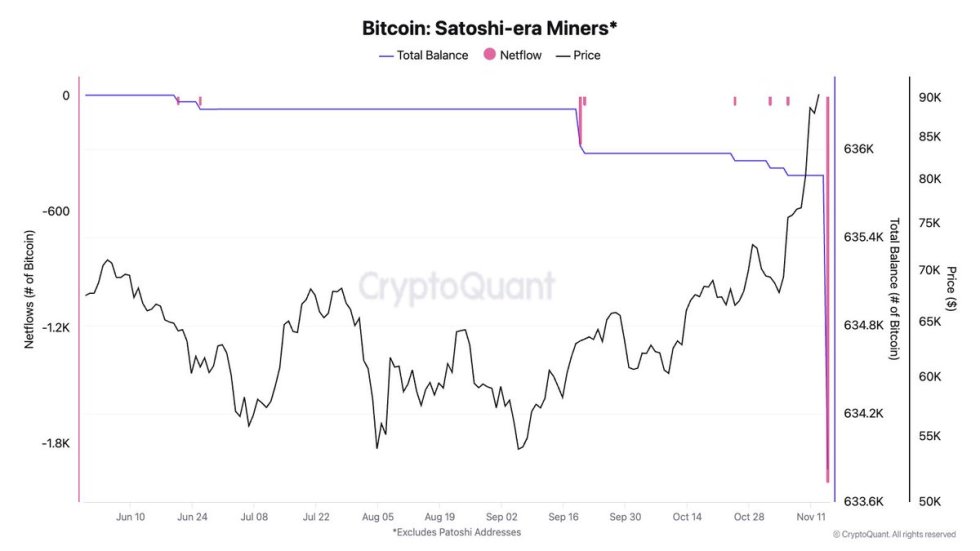


Comments